Sitra launched the Circular Economy Summer Jobs idea competition to look for projects and experiments promoting the circular economy to be implemented in the summer of 2020. We looked specifically for new projects that would provide employment to a young or old employee.
We organised the idea competition to compensate for the summer jobs cancelled because of the coronavirus crisis and to accelerate the transition of municipalities to the circular economy. The goal of the competition was to encourage municipalities to develop the circular economy in their areas to place the economy on a more sustainable and crisis-proof footing for the future.
The competition attracted a total of 30 entries from 25 municipalities, including ideas for the recycling of furniture, the sorting of waste, item loan services and materials recycling. Ten projects promoting the circular economy from different perspectives were chosen as the winners.
The chosen municipalities will hire a summer employee to implement the project with Sitra funding, and recruitment is already underway in several municipalities. Sitra’s circular economy specialists will mentor the municipalities in planning and implementing the projects. The exact content of the projects may be modified during the summer.
Here are the winners of the Circular Economy Summer Jobs idea competition
Espoo: recycling all plastic in schools
Only a small fraction of virgin plastic is recycled for reuse. Limited sorting opportunities in schools, for example, present an obstacle to maximising a circular economy. Espoo will assess the challenges surrounding collecting plastic in schools and seek appropriate solutions. The aim is to increase the recycling rate of plastic and turn young people in Espoo into environmentally conscious consumers and recyclers.
Helsinki: circular deliveries by bike
In the circular economy, it is not always necessary to own things; they can just as easily be borrowed or rented. For a long time, Helsinki’s libraries have been lending goods in addition to books, such as games, musical instruments, or renovation supplies. However, not everyone is used to using library services, while others may find it difficult to get to the library. With the coronavirus pandemic, the ability of people to travel, particularly those in risk groups, has become increasingly limited. This summer, Kallio library will pilot a service in which a bike courier will deliver the products borrowed by customers to their front doors.
Kirkkonummi: reusing crushed concrete in the municipality’s construction projects
The production and use of cement, the binding material used in concrete, causes up to five per cent of the world’s total carbon dioxide emissions, so it is important to keep concrete in use for as long as possible once it is produced. But what happens in practice if a local authority needs to demolish a school suffering from fungal growth, for example? Kirkkonummi is seeking solutions to issues such as this: the municipality will prepare an operating model and criteria for reusing crushed concrete from the municipality’s demolition projects in its construction projects.
Kotka: making movables work for the local economy
Kotka’s city authority will inventory all the furniture in its properties so that it can be used more efficiently when the buildings are vacant, such as during school holidays and the relocation of premises. At best, recycling furniture and movables increases the utilisation rate of the items and reduces the need for acquiring new furniture made from virgin materials.
Kuopio: reusing furniture and goods
Kuopio is also aiming at the more efficient reuse of furniture. The city owns and manages a large number of properties and premises containing movables whose service lives can be extended significantly with a smooth operating model and clear guidelines. Extending the service life of furniture can, in fact, provide the city with significant financial savings and reduce the amount of waste.
Mikkeli: recycling demolition timber
The nationwide aim in Finland is to recycle 70 per cent of construction waste in 2020. The majority of raw materials could be reused, but the reuse and recycling rate of waste generated in the renovation and demolition of buildings in particular is at a low level in Finland compared to the rest of Europe. Mikkeli will implement a campaign to increase the collection and use of used timber from summer residents’ construction projects in particular.
Pori: new lives for more recycled items
Staff at Pori’s recycling centre have noticed that many incoming goods end up as waste, even if they could still be usable with minor repairs or servicing. During the summer, Pori will focus on refurbishing items received at the recycling centre and increasing their reuse. The aim is to make the refurbished goods available for residents to borrow, with the chance to also reserve items online. The project will be advertised and featured on social media channels.
Rauma: item library
People in Rauma are also enthusiastic about borrowing: there are several independent groups and networks in the city for borrowing baby carrying slings, domestic appliances and sports equipment, for example. There are also many flea markets and recycling events. However, the recycling and lending activities are scattered, and it can be difficult to get an overview of what is on offer. Rauma will compile a list of the borrowing and recycling opportunities in the area, helping not only the city’s residents but also summer residents and tourists. The project can be followed on TikTok, for example.
Turku: circular economy carnival
Turku will be celebrating the circular economy this summer! While there are lots of fine circular economy practices in the region, many Turku residents are not always aware of their existence. The transition to the circular economy will require structural reforms, with a change in attitudes being a significant one. The circular economy carnival will be a multidisciplinary interactive art experience that will bring the objectives and practices of the circular economy closer to residents and visitors alike.
Turku: recycling textiles – new products from recycling
The City of Turku’s Valmennuspiste work community receives between four and five tonnes of discarded textiles a week, including textile waste that can be reused as upholstery material, for example, and usable clothes or other textiles. Currently, much of the discarded material ends up as textile mass, even though many of the textiles could continue to be used for their original purpose. This summer, Valmennuspiste will investigate how the share of textile recycling could be increased by using discarded material for making new products, for example.
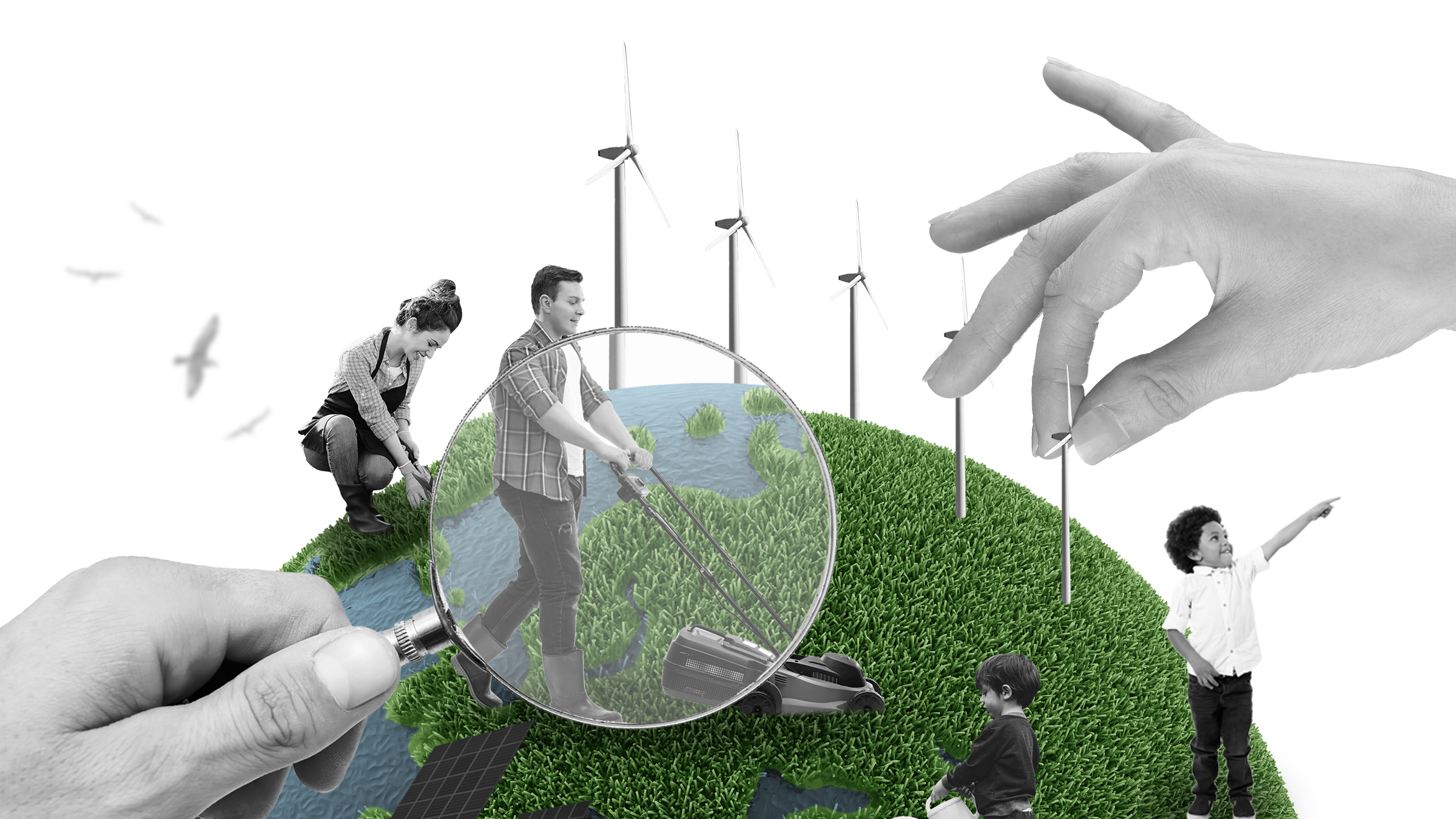


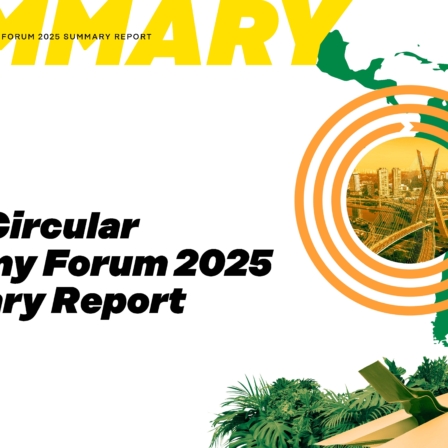
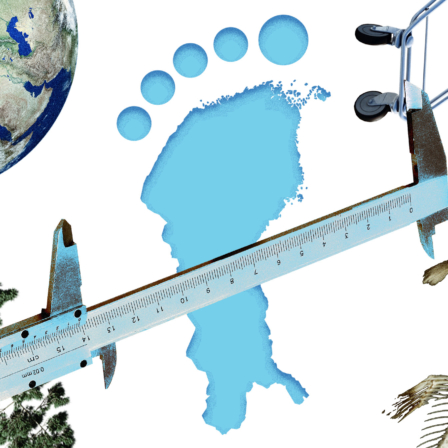


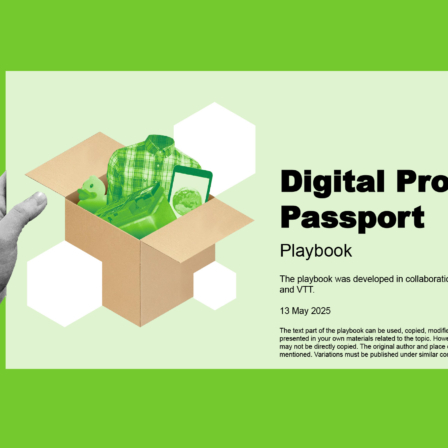
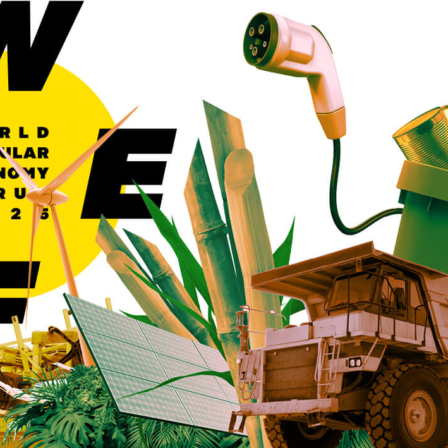









Recommended
Have some more.